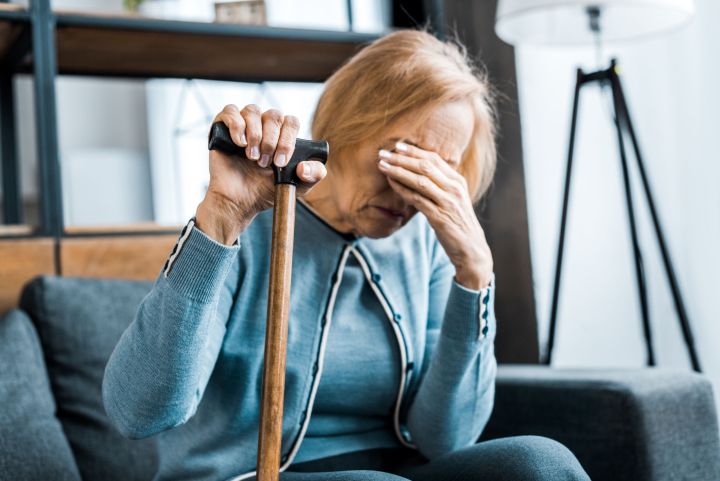
The Hidden Dangers: How Medication Errors in Elder Abuse Are Endangering Lives
Elder abuse is a silent crisis affecting countless seniors across the globe. Among the most alarming aspects of this abuse is the rampant issue of medication errors. These errors, often overlooked, can have life-threatening consequences for our aging population. Understanding the gravity of these mistakes is crucial in protecting the well-being of older people.
The Underestimated Impact of Medication Errors
Medication errors elder abuse are more than just minor mistakes—they are serious offenses that can lead to severe health complications. Whether intentional or accidental, these errors can cause irreversible damage. Inadequate dosing, wrong medications, or improper administration are common problems that put seniors at risk. Such mistakes can exacerbate existing health conditions, lead to new ailments, or even result in death.
Causes of Medication Errors in Elder Abuse
Several factors contribute to the prevalence of medication errors in elder abuse. Neglect by caregivers is a leading cause where overworked or undertrained staff fail to administer medications correctly. In some cases, medications are deliberately withheld or given in inappropriate dosages to control or sedate the elderly. This form of abuse is particularly heinous as it strips seniors of their dignity and autonomy.
Another contributing factor is the complexity of the elderly’s medication regimens. Many seniors take multiple prescriptions daily, increasing the likelihood of errors. Lack of proper documentation or miscommunication among healthcare providers further compounds the issue, leading to dangerous oversights.
Consequences of Medication Errors
The consequences of medication errors in elder abuse can be devastating. Adverse drug reactions, hospitalizations, and a significant decline in the quality of life are just a few of the potential outcomes. In extreme cases, these errors can be fatal. Even when non-lethal, the physical and emotional toll on older people is profound. They may suffer from chronic pain, confusion, or loss of independence due to these avoidable mistakes.

Preventing Medication Errors in Elder Care
Preventing medication errors in elder care requires a multi-faceted approach. Comprehensive training for caregivers is essential to ensure they understand the correct administration of medications. Regular monitoring and auditing of medication practices can help catch and correct errors before they harm the elderly. Additionally, empowering seniors and their families with knowledge about their medications can serve as a protective measure against abuse.
Technology also plays a crucial role in preventing these errors. Electronic prescribing and medication management systems can reduce the risk of human error, ensuring that seniors receive the correct medications at the right times. These systems can alert caregivers to potential drug interactions, incorrect dosages, or missed doses, providing an additional layer of safety.
Raising Awareness and Taking Action
It is imperative to raise awareness about the dangers of medication errors in elder abuse. Family members, caregivers, and healthcare providers must remain vigilant to prevent these errors from occurring. By understanding the risks and taking proactive steps to protect older people, society can help ensure that our seniors live their golden years of health and dignity.
In Conclusion
Addressing the issue of medication errors in elder abuse is not just a healthcare challenge but a moral obligation. The lives of our elders depend on the collective efforts of families, caregivers, and medical professionals to ensure they receive the care and respect they deserve.


